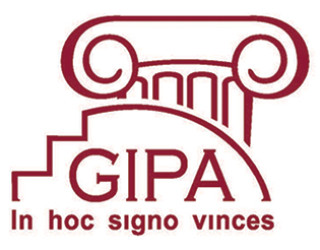We would like to comment on the Prime Minister’s statement regarding the opening of the training centre for public servants. Georgian Institute of Public Affairs (GIPA) welcomes the initiatives that aim to train public officials and improve their qualifications. Nevertheless, it is important to note that the actual outcome of the enterprise will be determined by the specific approach and the format chosen for the purpose. Although, at this stage no comprehensive information is available to the public about the functions and the model of the centre, we still find it relevant to point out the following circumstances:
There are several educational and training centres operating in Georgia which provide high quality education in public administration and related fields. The existing competition on the market provides for the quality improvement and prompts the institutions to constantly better their teaching methodology, introduce new literature in their programmes, attract the best trainers and so forth.
The creation of a single centralised training centre would diminish the sense of competition on the market and somewhat limit the variety. Additionally, it can be argued that an unrivalled centre will not be delivering high quality results as it will be operating in a privileged, non-competitive environment.
The establishment of a high quality training centre takes years and requires substantial experience in the field. The educational institutions operating on the market today have closely cooperated with the universities of Europe and the United States in order to develop modern and successful programmes and train highly qualified professors and trainers. These educational institutions are also closely involved in the research activities. All of the above provided for the high quality of their teaching process.
Lacking this experience and other indispensible preconditions, the newly established centre will face significant difficulties in its endeavour to deliver excellence in education. However, given its exclusiveness (and probably, low prices) it may attract more applicants. Hence, instead of improving the skills necessary for the public service we may get opposite results.
The creation of this centre requires further inspection in terms of its financial feasibility as well. Government’s decision to allocate resources for the purpose of delivering service that already exists on the market does not pass the test of cost-effectiveness since there already are several institutions in Georgia offering high quality education in the field of public administration. Therefore, we argue that these resources would be more rationally spent if allocated for a different purpose.
The examples of eastern European counties reveal that the creation of such centres often ends in failure. This unfortunate development took place in multiple countries and it is crucial that Georgia takes the experience of these countries into consideration.
We find that the government should be more actively cooperating with private and state educational institutions when making a decision on this sort of matter. As the concept of the centre has not been fully developed, we remain hopeful that the government will make the final decision only after a dialogue with the relevant organisations.


